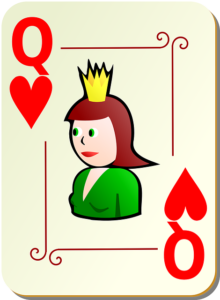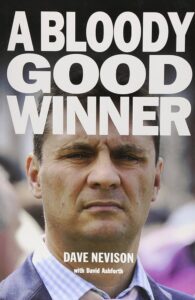Would you believe the shortest betting odd for finding the Loch Ness Monster were 6/1?
It sound incredible.
It’s interesting to read old books and Ron Pollard’s Odds & Sods: My Life In The Betting Business, published in 1991 by Hodder & Stoughton, details a wealth of stories about betting odds and the hope of big wins.
The story of ‘Nessie’ isn’t new. In fact, it goes back to the sixth century. The Scottish Highlands make the most of tourism which, even back in the day, was said to be worth £25 million a year.
Betting the Loch Ness Monster exists was something Ron Pollard, the odds-maker at Ladbrokes and PR Director, was keen to accept. However, that didn’t mean his job wasn’t on the line.
In 1977, American tourists liked to place a bets on ‘Nessie’. A betting voucher was something to take home to prove they had been to Scotland and visited Loch Ness. There was a steady steam of tourists who visited the Inverness Ladbroke’s betting shop.
Every springtime (perhaps cynically to build up summer tourism) there would be a sighting of the hump-backed monster. However, later that year, there was an illogical amount of money bet on its existence with a liability of £180,000. Amazingly, the odds were shortened from 100/1 – 6/1 before as Pollard said: ‘Sanity prevailed’.
Ladbroke’s top brass said: ‘If ‘Nessie’ was found, Pollard wouldn’t be.’
Meaning he would have lost his job.
Peter George, the Managing Director of Ladbroke Racing, rushed into his office and said the amount of money bet told him that the Loch Ness Monster was likely to be found.
‘Why all the money?’
But what really was the story? The location where the bets were placed and by who would give a better idea. As it happened, the bets were placed at university towns like Exeter, Bristol and Edinburgh. University students up and down the country were literally ‘swamping’ Ladbrokes with money.
But why?
Well, a student magazine would help explain. Back in 1974 a research team from Boston Academy of Applied Science had finally published a report with ‘photographic evidence’ about the Loch Ness Monster. The students being well-informed were betting on the report proving the existence of the creature from the deep.
As time would detail, the existence of ‘Nessie’ is still open for debate but none of the students have collected their money yet!
Win or lose if was great publicity for Ladbrokes.
Ron Pollard – the wizard of odds – kept his job.

